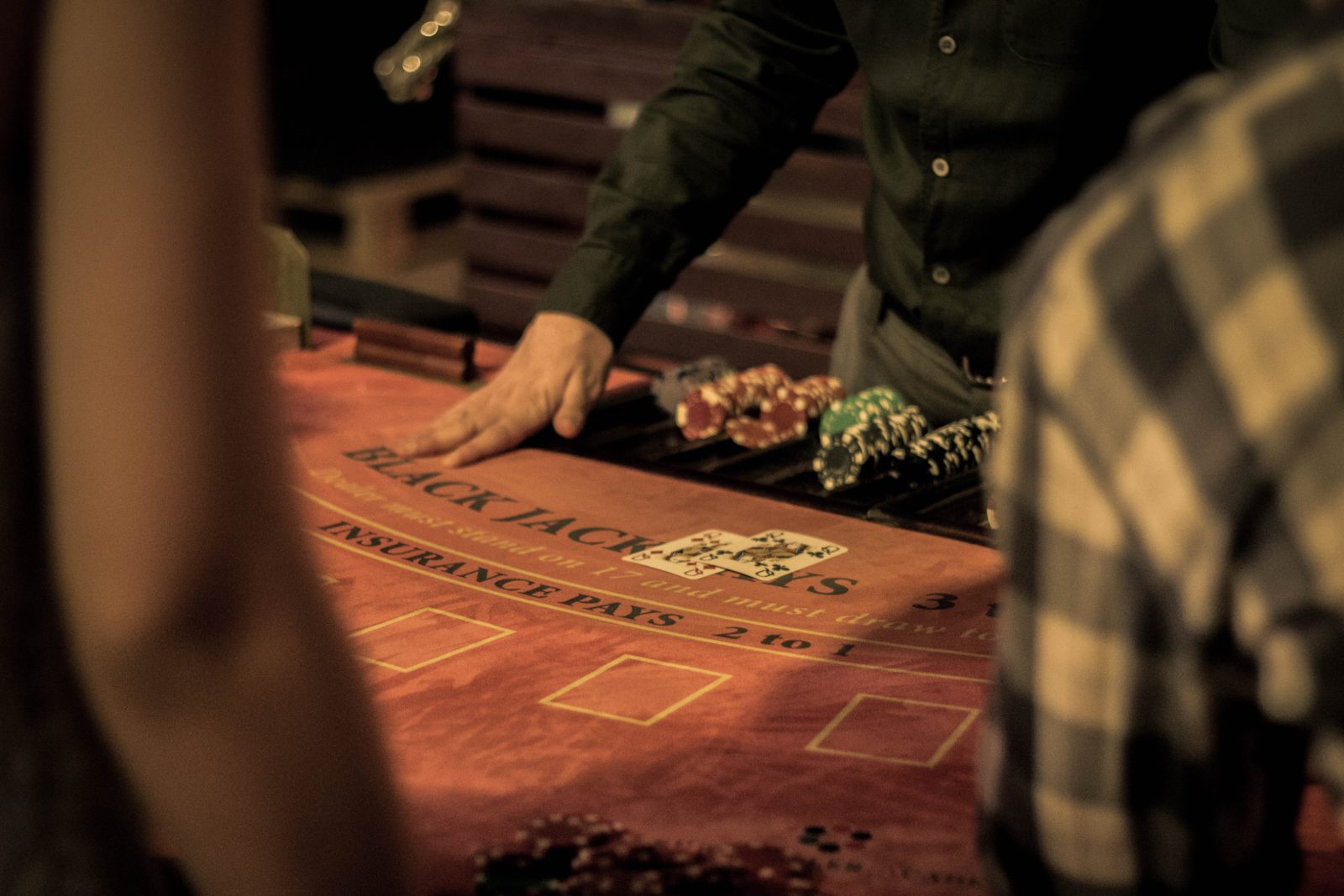Casino games have long captured the interest of humans around the planet, becoming an integral part of both entertainment and society. From the shimmering lights of the Vegas Strip to the immersive experience of internet gambling, these activities evoke excitement, uncertainty, and sometimes even a sense of remembrance. They are beyond simply hobbies; they have woven themselves into the tapestry of human experience, influencing everything from cinema and music to fashion and books.
The charm of casino games transcends the gambling aspect, tapping into larger themes of serendipity, risk, and human behavior. As players convene around a poker table or rotate the roulette wheel, they engage in an timeless ritual that connects with our collective desire for thrill and unpredictability. This obsession has led to the emergence of many references in movies, music, and electronic games, showcasing how deeply entrenched these activities are in pop culture. Whether it is the pressure of a legendary heist movie or the vibrant nightlife portrayed in videos, casino games have carved out a substantial place that reflects our bond with reward.
Historical Significance of Casino Games
Casino games have played a key role in social aspects throughout history. Stemming from old societies, games of chance were often connected to rituals or gatherings. For instance, early forms of these activities can be linked back to ancient China and the Roman Empire, where die games and wagering on results were common pastimes. These activities not only functioned as entertainment but also as methods of social interaction, facilitating relationships among individuals within communities.
As cultures evolved, so did the complexity and organization of gambling games. The establishment of formal casinos in the 17th century, particularly in the Italian region, marked a notable shift in how games were perceived and structured. With specific spaces for gaming, the casino became a social hub where people from different backgrounds gathered. This evolution contributed to the legitimization of gambling, transforming it from a mere pastime into an established industry that shaped the economy and regulations.

The impact of gambling games on popular culture cannot be overlooked. As they were popularized in books and movies, games such as Texas Hold’em and 21 became symbols of chance, chance, and strategy. Famous characters and narratives have developed around these activities, illustrating societal attitudes towards fortune, wealth, and immorality. This fascination with casino games has infiltrated various forms of media, cementing their place in the public imagination and connecting them to wider cultural stories throughout the ages.
Representation of Gambling Activities in Media
Casino games have long been a popular subject in various forms of media, reflecting both the fascination and intricacies of the world of gambling. Movies such as Ocean’s 11 and Casino Royale portray characters who navigate intense situations, showcasing not only the allure of the casino atmosphere but also the tactics and judgments that come with playing popular games like Texas Hold’em and 21. Jun88 These movies often dramatize the excitement of winning and the potential results of losing, encapsulating the risks involved in gambling.
Television shows have also explored the universe of casino games, often integrating them into the storyline as a backdrop for story progression and drama. Series like Las Vegas depict the stories of gambling employees and patrons, highlighting the lively, often chaotic energy of the casino floor. Docuseries featuring high-stakes gambling competitions further emphasize the appeal of casino games, drawing viewers into the tension and planning involved in each round. Through these portrayals, media not only entertains but also sparks conversations about fortune, skill, and the essence of chance.
Gaming have increasingly included casino games into their structure, allowing players to experience the thrill of gambling without financial risk. Games within the landscape of digital gaming often include online slot machines, online poker, and other casino favorites, creating an engaging environment that mirrors actual casino experiences. These virtual portrayals make gambling activities accessible to a worldwide viewer base, appealing to both risk-takers and those who enjoy the thrill of virtual experiences. As a consequence, the portrayal of casino games in entertainment continues to shape public perception and cultural significance, highlighting their role in entertainment and culture.
Effect of Gambling Activities on Society
Casino games have a meaningful effect on communities, affecting multiple aspects of societal norms and social behavior. They often function as a platform for social interaction, where people come together to enjoy a shared experience. Casino trips with friends or trips to casinos become social activities that build connections and create shared moments. This communal aspect boosts the fun value of casino games, making them a popular choice for festivities and leisure activities.
Additionally, casino games have been depicted in numerous films, TV series, and written works, influencing perceptions and opinions towards gaming and gaming. Icons like James Bond playing baccarat or the intense poker scenes in films have cemented these games in the shared imagination. This representation often glamorizes the culture associated with casino activities, attracting new players and impacting trends in both fashion and behavior. These portrayals can spark curiosity and lead to a more profound investigation of the nuances of gambling.
Nonetheless, there are also negative consequences linked to the popularity of gambling activities. The temptation of quick monetary gain can lead to gambling addiction and financial troubles for some people. Society must grapple with these consequences, promoting responsible gaming and education of the risks involved. Finding a balance between the entertainment value of gambling activities with the potential for harm is vital to ensure that they remain a beneficial aspect of our cultural landscape.